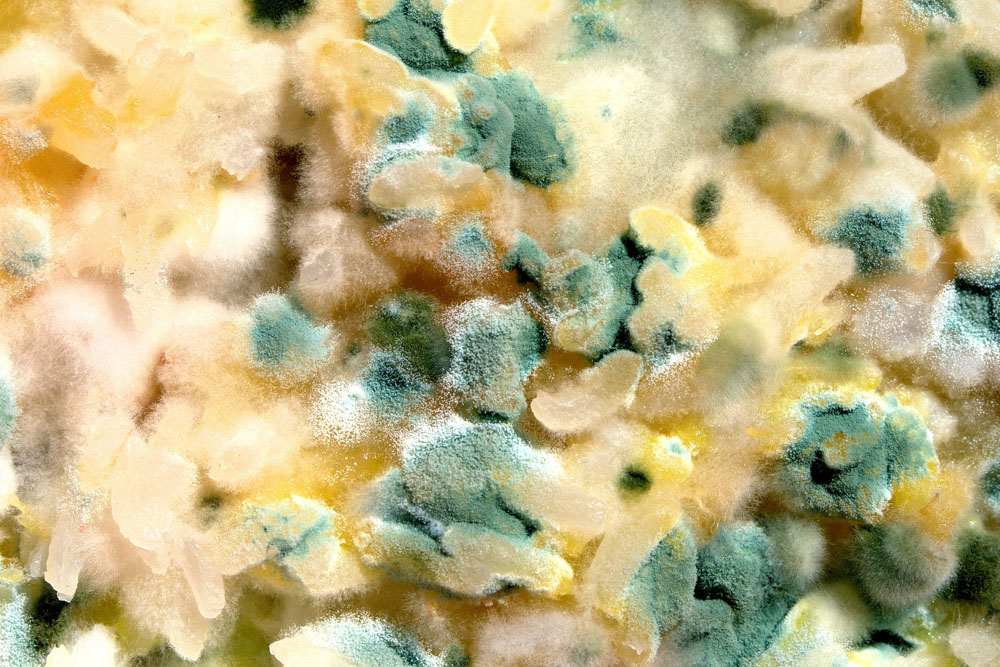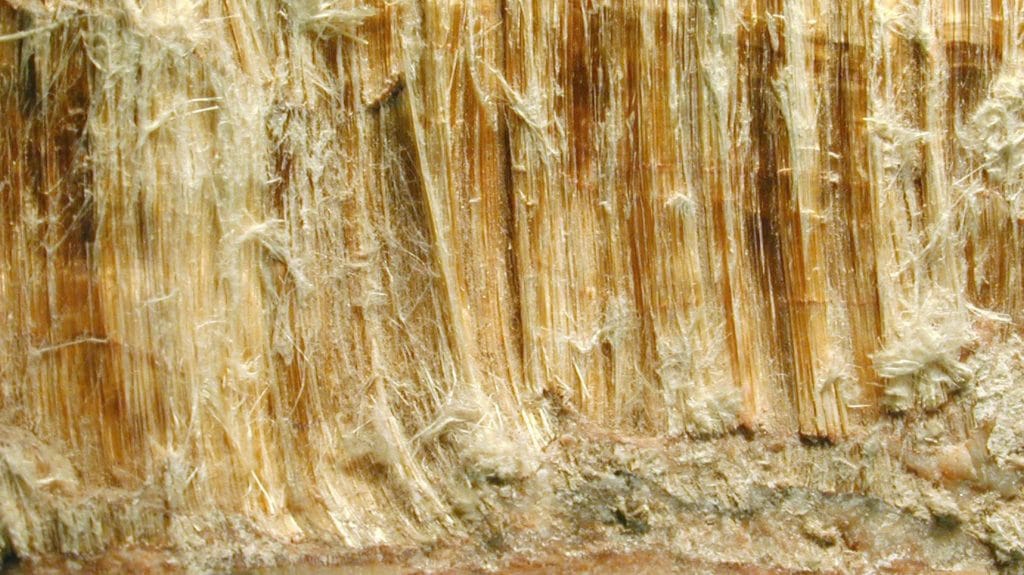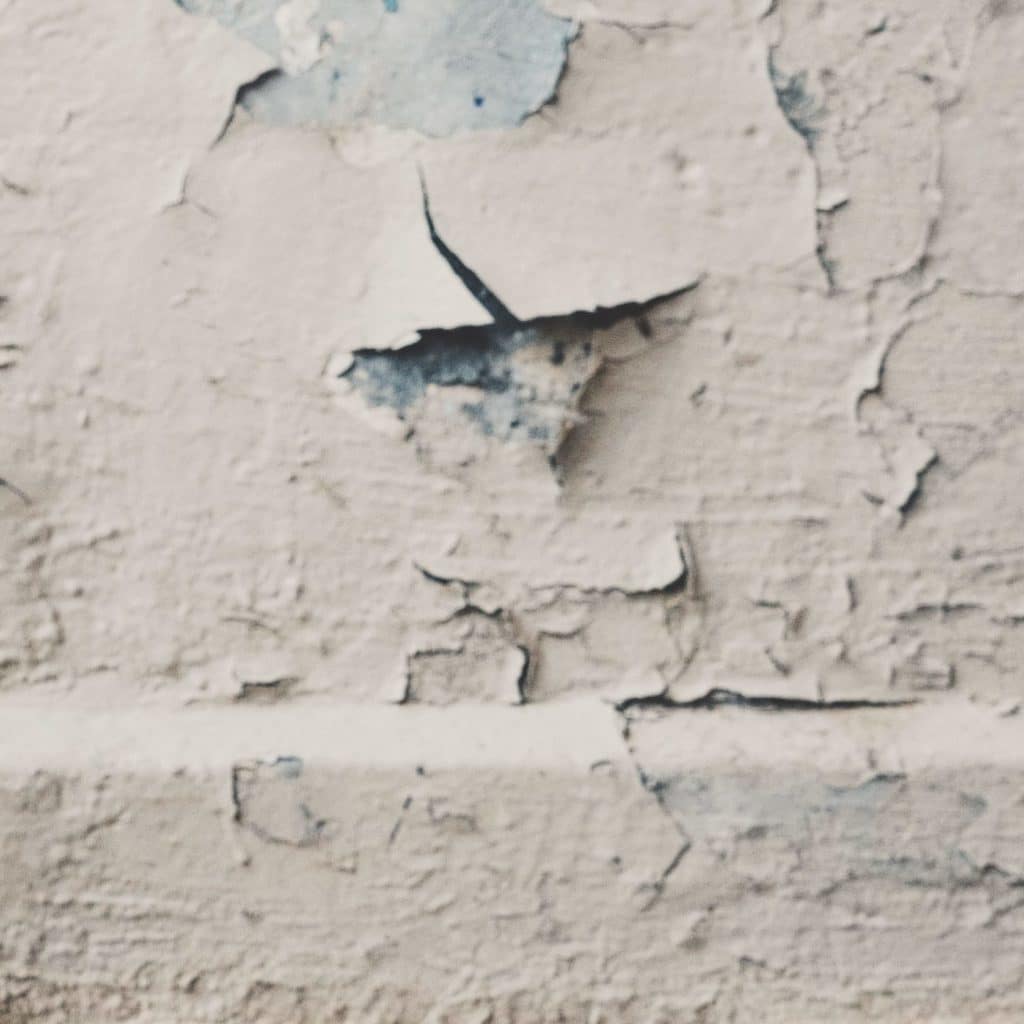Keep Your Family Healthy and Safe
We test for lead, asbestos, and mold — and we’re here to help you keep your family safe.
DO YOU HAVE A HAZARD?
Not all mold, asbestos, or lead paint pose health hazards. What is safe to do when you suspect you have a hazard and when do you need a professional?
Lead
If your home is older than 1978 and you can see peeling or chalking paint, it might be lead-based paint.
You can safely take a sample and have it analyzed, or you can hire a professional to investigate and analyze.
Asbestos
Asbestos can be found in thousands of building products like floor tiles, insulation, and pipes.
But asbestos is only a problem if the fibers become airborne. You need a professional to investigate and analyze.
Mold
You know if you have mold because you can see and smell it.
Not all mold is hazardous, but you can’t tell if it’s toxic just by looking at it. You need a professional to investigate and analyze.
Test Before You Touch
Have you started or are you planning to begin a home renovation or building project? You can save lot of time and money by testing any suspicious material before touching anything.

MOLD
Mold growth, which often looks like spots, can be many different colors, and can smell musty. Mold can only grow in wet or damp areas. If you can see or smell mold, a health risk may be present. You do not need to know the type of mold growing in your home, and just because you have mold that is black doesn’t mean it’s toxic black mold (stachybotrys chartarum).
If mold spores land on a wet or damp spot and begin growing, indoors, molds have the potential to cause health problems. Molds produce allergens (substances that can cause allergic reactions), irritants, and in some cases, potentially toxic substances (mycotoxins).
Your mold might be a hazard if . . .
- You have recently had flooding or floor damage
- You have had your air ducts cleaned recently
- You see evidence of mold
- You are concerned about you or someone in your home who is having an allergic reaction that you think might be related to the presence of mold.
ASBESTOS
Asbestos is a naturally occurring mineral substance that can be pulled into a fluffy consistency. Asbestos fibers are soft and flexible yet resistant to heat, electricity and chemical corrosion. Pure asbestos is an effective insulator, and it can also be mixed into cloth, paper, cement, plastic and other materials to make them stronger.
Asbestos exposure is a severe health risk that, with prolonged exposure, can potentially lead to conditions like mesothelioma, lung cancer, and other types of asbestos-related cancer.
Despite the health risks, asbestos has not been entirely banned in the United States. Use of asbestos in insulation and in newly developed uses are prohibited, but asbestos can still be used in existing products.
In renovation and home improvement projects where you are moving or removing materials, like replacing flooring or removing carpet, you may be disturbing materials that contain asbestos:
- Floor tiles (9x9)
- Blown-in insulation / Vermiculite
- Pipe insulation
- Popcorn ceiling
- Transite Siding
However, asbestos is only a hazard if it has been damaged or removed improperly and the fibers become airborne and are breathed into the lungs.
You can’t tell if something contains asbestos just by looking at it. You need a professional to perform an analysis, and asbestos removal requires a professional.


LEAD PAINT
Lead is a naturally occurring element and is found in virtually every part of the environment.
While lead can cause a variety of serious health problems, it is only a problem when the painted surfaces are deteriorated or disturbed and reduced to a dust that can be either inhaled or ingested.
Small children (age 5 and under), pregnant women, and workers are most at risk of exposure to lead.
You might have a lead hazard if your home older than 1978 and you have peeling, chipping, or chalking paint.
With more than 30 years of experience and commitment to human health and safety, we know how to find solutions to complex problems.
We pride ourselves on doing everything we can to meet each customer’s unique needs while limiting liability and minimizing cost.
What to do if you think you have lead
1. Call us at (734)-955-6600 for a free phone consultation.
You will be able to speak to a specialist, who will ask you a series of questions. We will help you determine what type of lead inspection is right for you.
2. Educate yourself.
You can learn more about lead hazards from a phone consultation or through our free e-book.
3. Get a lead inspection.
Once we have determined the best type of inspection for you, ETC will send a state-certified lead inspector to your home to evaluate the potential hazard.
4. Review the report.
We will send you a report (within 15-30 days), which will include recommended next steps. We’re also here to help you understand the report.
5. Take the necessary steps to fix the problem, if required.
What to do if you think you have mold
1. Call us at (734)-955-6600 for a free phone consultation.
You will be able to speak with a specialist, who will ask you a series of questions to help identify your best course of action.
2. Get a sample.
We may advise you on how to take a sample, or we will schedule one of our certified technicians to come to your property to perform an inspection.
3. Complete the paperwork.
If you are taking your own sample, be sure to complete the Chain of Custody Paperwork & mail it or drop off at our lab, located at 37575 W Huron River Dr, Romulus, MI 48174. If we send a technician for an inspection, they will complete the paperwork for you.
4. Review the report.
Our lab will send you a report (within 15-30 days), which will include recommended next steps. We’re also here to help you understand the report.
5. Take the necessary steps to fix the problem, if required.
What to do if you think you have asbestos
1. Call us at (734)-955-6600 for a free phone consultation.
You will be able to speak with a specialist, who will ask you a series of questions to help identify your best course of action.
2. Get a sample.
Depending on whether or not you may have a friable material (learn more here), we will either advise you on how to take a sample, or schedule one of our certified technicians to come to your property to perform an inspection. You can learn more about taking your own sample here.
3. Complete the paperwork.
If you are taking your own sample, be sure to complete the Chain of Custody Paperwork & mail it or drop off at our lab, located at 37575 W Huron River Dr, Romulus, MI 48174. If we send a technician for an inspection, they will complete the paperwork for you.
4. Review the report.
Our lab will send you a report (within 15-30 days), which will include recommended next steps. We’re also here to help you understand the report.
5. Take the necessary steps to fix the problem, if required.

